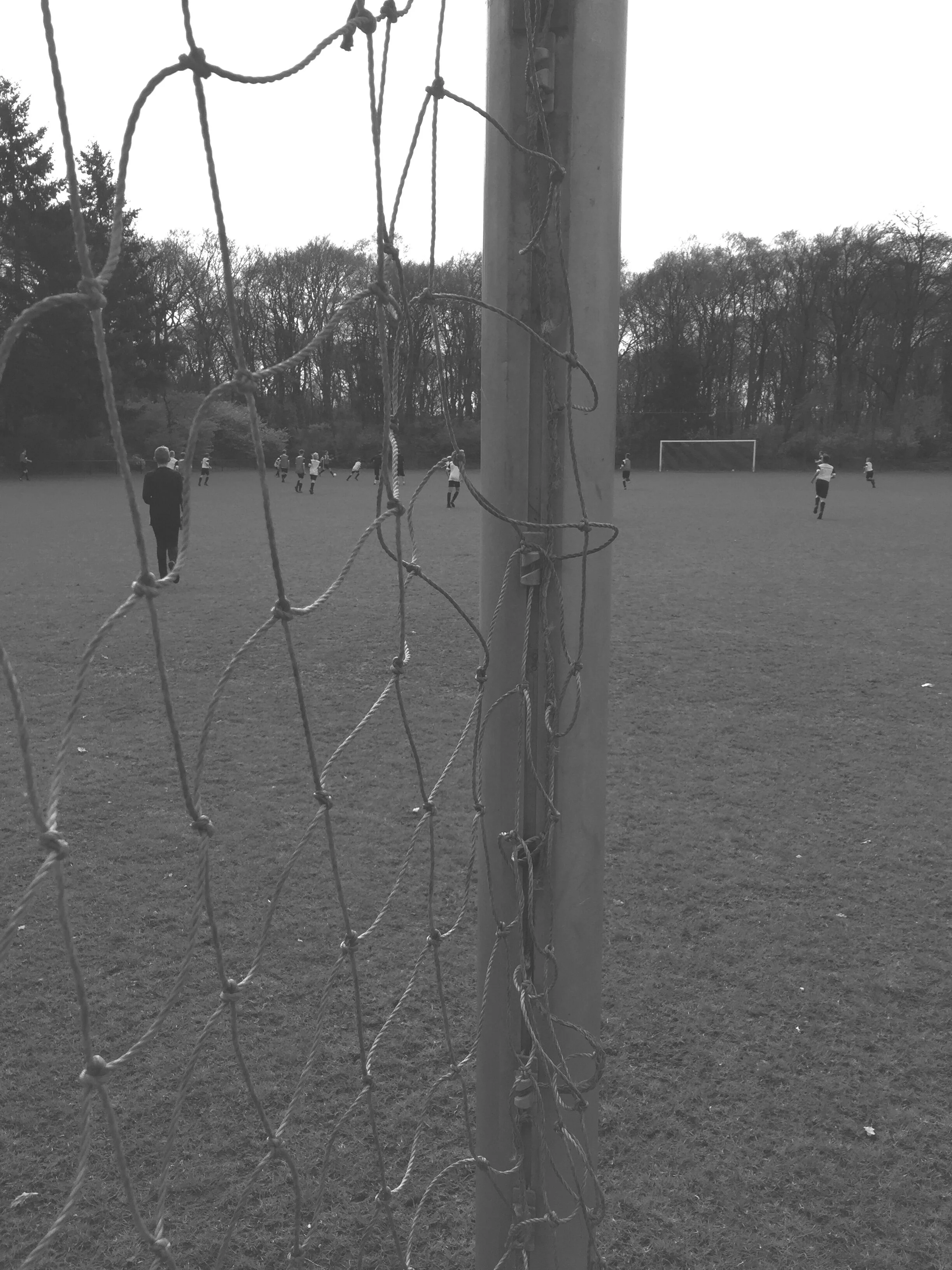Don’t be so emotional
It’s match day, you’ve prepared your players (and yourself) perfectly during the week. You slept well, delivered a great warm-up and even have your lucky pants on. The stars are aligned and all systems go for what is sure to be a positive day at the office. And then it happens, that critical moment in the game. Oh the critical moments. They come in various forms, sometimes big, sometimes small, but always hiding - a third consecutive throw-in wrongfully awarded to the opponents, a missed one on one from your striker to put you ahead, a goal conceded against the run of play, or worse - a player gives the ball away. How dare they?!
As the game progresses those critical incidents stack up, niggle away in the back of your mind and steal your focus. You have been emotionally hijacked! We’ve all been there, entered a game with a plan, a list of objectives for the team or individual, but get so distracted and wrapped up in the actual game that we lose sight of what we set about achieving. This is natural, we are human. We love the game, we are fans as well as coaches, and we want to see our young players do well, see them rewarded for our preparations. Anything that threatens to jeopardise this takes over our emotions, and we end up trying to solve all issues with no real planning or direction. (It should also be noted that emotional hijacking can sometimes look quite the opposite, with emotions causing the coach to abort all prior objectives, as if to sulk on the sidelines, giving up).
As coaches it is important we recognise the threat of being emotionally hijacked, and prepare for this accordingly. This article will hopefully give you some tips to help you stay on track and ensure the development of your young players remains the primary focus during your role as the match day coach.
Firstly, and something I eluded to above, set yourself and your players objectives for the match. These could be team, unit or individual challenges which you hope those specific players will give real effort and attention towards achieving, or at least improving at. Ideally these should be linked to a recent training session, individual learning plan or a strength of a player(s). Having this act as a focus not only for the players, but for you as a coach. Refer back to them during the game, ask yourself if the information you are about to send onto the pitch is a. related to these objectives and b. going to help the player in question improve. If the answer might be no, then is it really necessary?
A friend of mine recently presented at a coffee club event I held, and referred to an idea whereby he has a “coaches checklist” for match days. This is a small cue card of piece of paper which he keeps in his pocket, with the objectives of the day written on them. He would also put some key questions or coaching points which relate to the objectives, and an overview of what success for him as a coach might look like on that specific day. If ever he feels himself getting emotionally hijacked, he will take a step back, refer to his checklist and almost ‘reset’ his focus.
If you are fortunate enough to have an assistant or work with another coach, try giving one another specific tasks or restrictions for he match day. For example, coach A might take responsibility for the objective of “recognise how and when we can step out of defence in possession of the ball”. This coach may have the restriction of only sending messages onto the pitch which relate to this topic, or even further, may only speak to the players within that unit (plus the CDM or GK if applicable). Coach B may take responsibility for working with the remaining players on their individual learning objectives, or a different topic with the attacking players. During half time or intervals, coach A and B may still choose to work under these constraints, running 2 smaller team talks or having individual chats with the players they are working with during the game
Lastly, if you are not fortunate enough to work as a pair, try recording yourself on a match day. Using your smartphone, clip your headphones (most have a mic built in) to your collar and open the voice note app. Hit record, and leave it running for the duration. Next time you’re driving to work or out walking the dog, listen back, you’ll be fascinated what you find! You can do some analysis on how much of what you said was linked to your objectives, how long your average intervention was, your tone of voice, any words you use too much, the options are endless.
Hopefully this has stimulated some thought, and given a few strategies. Let me know if any of these work for you, or if you have any methods of your own to prevent emotional hijacking!
